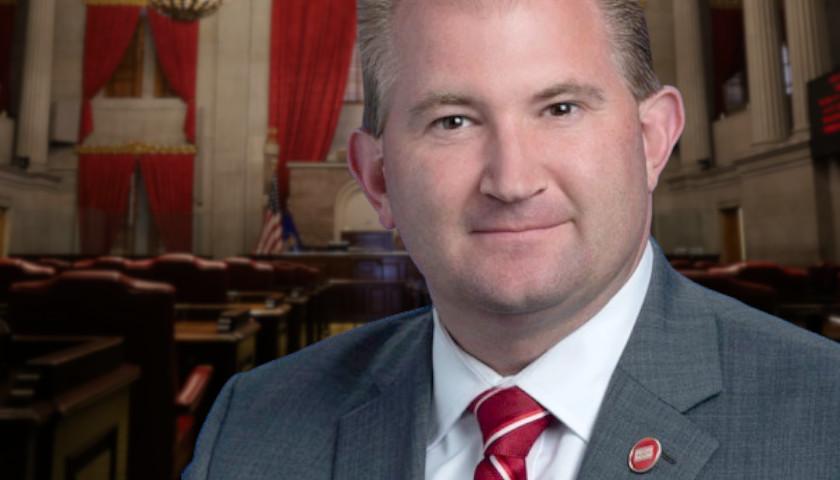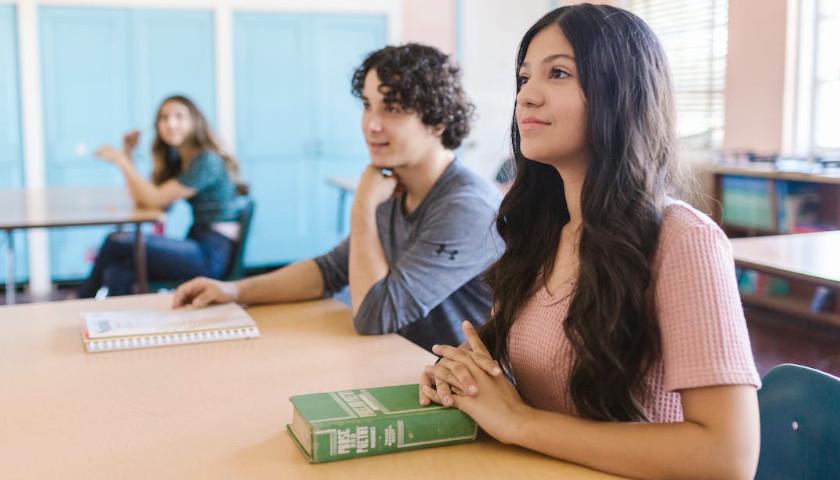by T.A. DeFeo
The Senate Education Committee voted to advance legislation creating state-funded education savings accounts.
The committee voted 6-5 Tuesday afternoon in favor of Senate Bill 233, the Georgia Promise Scholarship Act.
Under the measure, taxpayers would fund $6,000 per student per school year, which students could use to defray “qualified” education costs, such as private school tuition. It would also task the Georgia Student Finance Commission to “promulgate rules and regulations” of the program.
“Too many times, education access in Georgia is limited to families of means, but every child deserves access to a quality education,” Buzz Brockway, vice president of public policy for the Georgia Center for Opportunity, said in a statement. “Promise Scholarships would help create this opportunity.”
“Public education is the right choice for most families, but for a growing minority of students, an alternative is what’s best,” Brockway added. “We can, and should, support all options.”
Lisa Morgan, a kindergarten teacher and the president of the Georgia Association of Educators, urged Senate Education Committee members to vote against the bill and said that the scholarships aren’t enough to help students who cannot afford private school.
“We must fund our public schools first and not continue to take resources away from our children whose only chance at a public education is in our public schools,” Morgan told lawmakers. “Their only chance for an education is in our public schools.
“$6,000 is less than half of the average private school tuition in this state,” Morgan added. “…We have a duty to all our children.”
During last year’s session, the state Senate nixed a similar measure, Senate Bill 601, the Georgia Educational Freedom Act, that would have created state-funded Promise Scholarships of up to $6,000 annually.
Meanwhile, another measure, House Bill 54, would increase the cap on the state’s tax credit scholarship program from $120 million annually to $200 million starting in 2024. The program allows individuals and corporations to use part of their state tax obligation for private school scholarships.
The House measure is still pending.
– – –
T.A. DeFeo is a contributor to The Center Square.





